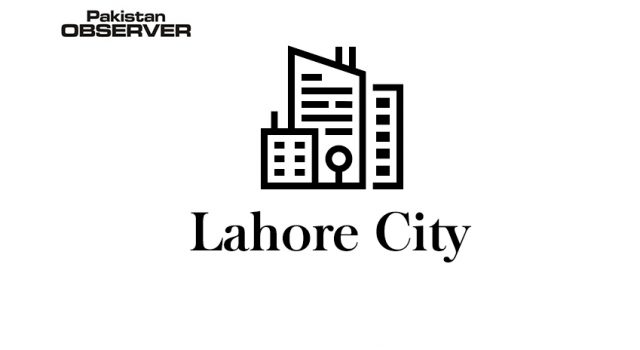The Department of Literacy organised a function, in collaboration with UNICEF and JICA [Japan International Cooperation Agency], in connection with the World Literacy Day observance, here on Thursday.
Provincial Secretary for Literacy and Non-Formal Basic Education Department Wajihullah Kundi, addressing the ceremony, said that the economic and social development of any country was dependent on educated people. He said that 10,000 brick-kiln workers’ children had been enrolled in schools by establishing more than 300 Non-Formal Education Institutions (NFEIs) at the brick-kilns.
He said the first-ever an adult literacy centre had been established at Railway Station Multan for the railways platform porters. Shed schools had also been constructed in remote areas of Dera Ghazi Khan in collaboration with non-governmental organisations (NGOs), the secretary said. Literacy & Life Skills Programme (Agriculture & Livestock) has been introduced and facility of education was being provided to 900 learners with special abilities. As many as 869 Non-Formal Education Institutes (NFEIs) have been established in Masajid and Madaris to impart primary level education to 29,136 children. While 28 adult literacy centres (ALCs) had been established in Darul-Aman centres of the Social Welfare Department for 437 learners, added the secretary.
Wajihullah Kundi said that 700 children of gypsies/ nomadic communities were being imparted non-formal education through specially established 20 NFBE schools, and 59 adult literacy centres for minority communities for 933 learners. He said that verification of 7,000 schools of BECS & NCHD had also been carried out, which were being merged from Federal Government to Literacy & Non-Formal Basic Education Department.
A first-ever literacy facility (boat school) for fishermen in Muzaffargarh was providing employment for more than 11,000 females of rural areas.
Moreover, 14 adult literacy centre (ALCs) for gypsies/ nomads for 224 learners, six ALCs for transgender community for 97 learners, one ALC for transport workers/ drivers for 21 learners are also working currently, he added.
The secretary said the Literacy Department had developed customised curricula and syllabi for each age group and each social segment to make education more harmonised with the patterns of society. The non-formal education was the most economical model of education for masses, he added. It costs monthly 250-300 per child. Whereas formal school education costs the government above 3,000 per child monthly.










